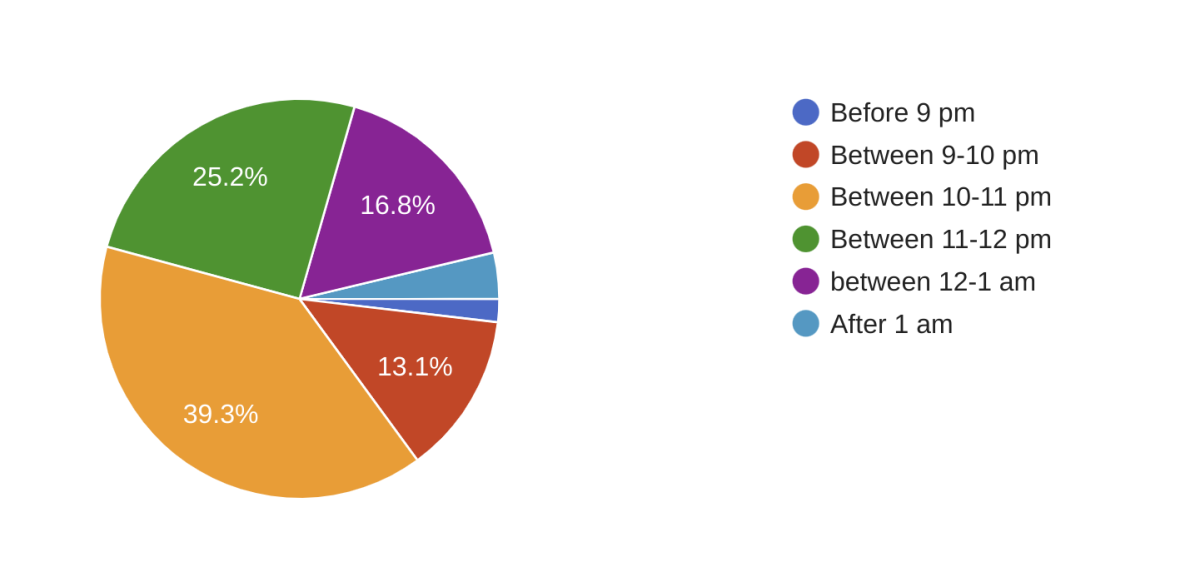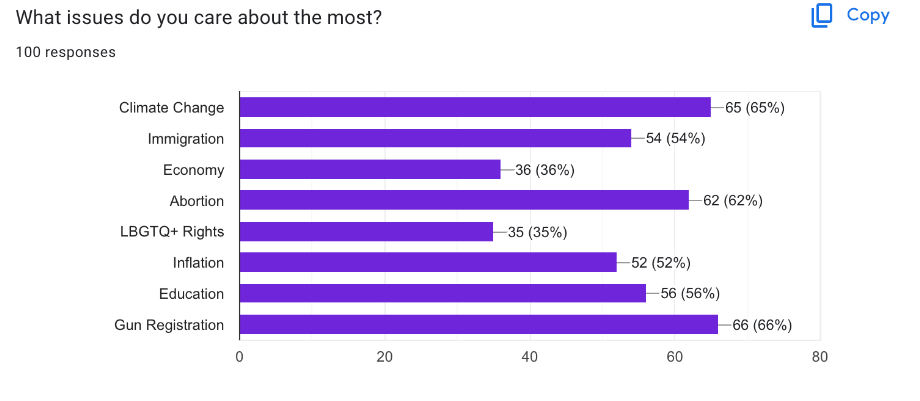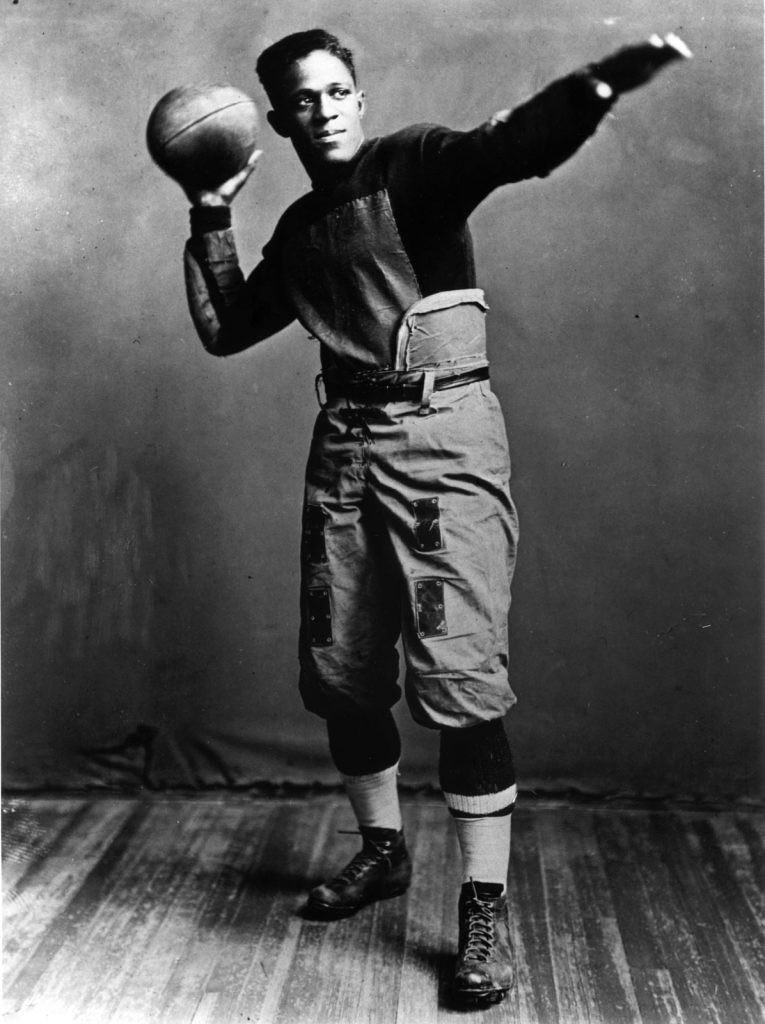From the survey, It’s all Relevant…Science that is, conducted by The Scribe, 47% of Westerville South students surveyed go to bed at less than an optimal time. The optimal time being 10 p.m. if you wake up at 6 a.m. in order to get the recommended eight hours of sleep per night.
The persisting effects of not getting enough sleep can be detrimental to students’ schoolwork and well being. But what are those side effects?
A study from the CDC has shown that there is a correlation between not getting enough sleep and poor academic performance. There is also an added risk to your health. The CDC warns that not getting enough sleep can lead to Type 2 diabetes, poor mental health, obesity, and higher blood pressure among other issues..
An awareness of these negative effects might help you change your sleep habits. But, there are also several proven methods to help you as well. As idiotic as it may sound, if you are trying to fix your sleep schedule, sticking your head in the freezer may actually help you.
If you drink caffeine after 12 p.m., it can stay in your system until 10 p.m., which is after most people should be going to sleep. So what do you do if you are trying to get out of your tired slump? Well, as stated, you can stick your head in the freezer. This will provide the stimulus you are craving from that coffee or latte.
When you stick your head in the freezer, it kind of jump-starts your senses and wakes you up, kind of like if you were to take a cold shower to wake up.
But if you aren’t as willing to smell your leftovers, then there are other options to change your bad habits. You can try something to naturally shift the time you feel tired, by taking 15 minutes away from your normal sleeping time each day until you are at an ideal time to sleep.
You can also try to limit your screen time an hour or two before your target bedtime, in that spare time you can do homework that does not need the internet, or read a book and spend time with your family. You could also try to walk around or do a physical activity outdoors. Not only will it make you tired and ready for an early bed-time, it will also help you get more active and healthy if you do it on a regular basis.
***
After you fix your sleep routine, you can try to tackle your morning routine and wake up to a breakfast to help you through the day.
In the same survey conducted by The Scribe, it was found that 43% of students who took the survey do not eat breakfast before or at school. But, how can that affect you?
A great reason to eat breakfast is to create and keep a routine. Northwestern Medicine has found that effective routines can often help people who are prone to stress or anxiety. By eating breakfast in the mornings not only do you get energy to power through your early classes, but you get your body ready for the day to come.
So you have the goal in mind, now how do you execute it? This might sound trite or unoriginal, but eggs are a great morning food. Not only do they give you nutrition and vitamins that other foods lack, eggs also make you feel full, so you are less prone to eat when you are not hungry. Another common breakfast staple is oatmeal. It has many of the same properties as eggs, but it is a gluten-free option to eggs.
Something that you can eat with your eggs or oatmeal is berries. Not only are they high in fiber and low in calories, they also have high levels of anthocyanins, which is what gives them distinct colors. Anthocyanins are found to be great in a diet. According to the National Library of Medicine, a diet that has a substantial amount of anthocyanins may help your body fight inflammation, cancer, heart disease, diabetes, and other chronic conditions.
***
Picture the hunchback from The Hunchback of Notre Dame. That could be you in a few years. With a back-pack that weighs more than the recommended maximum 20% of your body weight, according to the American Physical Therapy Association, it can damage your spine, like you having the aforementioned hunchback, uneven shoulders, and mess with your natural posture. But what should you do if you can’t make it under 20%?
One way Dr. Colin Haines, a spine surgeon, thinks you can try to deal with the issue first hand, to clean out all the clutter in your bag. If you have too many unneeded items in your bag, it can really start to add up and it is better to deal with it than to have your body adjust to it.
The next thing you can try if you have a heavy textbook is asking your teacher how frequently you will use it in class. If your teacher says that you won’t be using it much in class, and it is mainly for homework, then you should leave it at home. If the teacher exclaims that you will use it somewhat regularly, then maybe you can ask them to set up a reminder or other way to alert you so you know when to bring your textbook to class. And, if you use it in class regularly, then just ask the teacher if you can leave your textbook in the class, and move it home when you need it for homework or further reference.
***
How much time do you spend on your phone every day? Only 16% of students who took The Scribe’s survey reported less or exactly three hours of screen time per day, which is the recommendation of Dr. Ameera Nauman, a pediatrician for OFC HealthCare, and countless others. The other 84% of students reported spending three or more hours on their phone. But, why does it really matter? How much time you spend on your phone can impact how you act, how you develop yourself, how you interact with others, and how you view yourself.
People might view themselves based on how others view them, internalizing the comments and images of others. This way of thinking can be very damaging if people around you are particularly negative and rude, found in the study Impact of Social Media on Self-Esteem. Once you go into the public domain and start to gain other people’s perceptions that are not so nice, that can start to impact you.
Phones and other digital devices can kind of make you forget about time; or at least, make the time fly by. If you spend an excessive amount of time on your phone, you are probably neglecting your other responsibilities, like homework, studying, or even your friends. All of those things can have a negative impact on your wellbeing.
The amount of time you spend on your phone can easily be taken for granted if you use an app that sucks your attention away like Tik Tok or instagram. A negative effect that can lead to depression and anxiety, because of the amount of people, and the amount of objects you see you can start to feel those things because you envy or want to be them.
How can you fix this issue? You can ask your parents to have a maximum amount of screen time on your phone; though somewhat controlling and sometimes annoying, it can help you quit the habit because you have a limited amount of time. If you want to still work on your problem, but not as drastically, you can try to delete social media apps like Tiktok or Instagram. Both of these apps drain your attention and highlight other people’s lives, which can ruin your attention span and create a multitude of different mental problems for you.
You can go grayscale to help your brain. With the method supported by the study, A longitudinal analysis of first professional year pharmacy student well-being, run by Nicholas E. Hagemeier, PharmD, PhD, corresponding author Tucker S. Carlson, PharmD, MBA, Chelsea L. Roberts, PharmD, and Morgan Thomas, BA.If a student were to go grayscale, the color on their screen will be turned to monochrome grays, and takes away most of the joy in being on their phone or scrolling through a doom-scroll like app. They could also try going outside and into nature, like It has been stated in the sleeping section, you can entertain yourself outside by manythings. You can go hiking, biking, walking, or play a multitude of sports or other activities.
***
According to the old adage, man’s best friend is a dog, so that might affect how students feel about them. According to a recent Scribe survey, 55% of student respondents said animals help them feel better.
When someone is close to a person, especially if they view them as a part of their family, they tend to have a high value relationship with them and hold them dear. Can’t that logic also apply to a dog or other pet?
Yes, students can easily make relationships with pets they find adorable and loveable, or maybe even relatable. Animals allow you to feel understood and needed on another level, as well as love you unconditionally if you treat the animal right. Ms. Noelle Spriestersbach, our school phycologist and twinkles caretaker, when asked about the effects of pets on students, said this, “Dogs can help students to develop their social skills in a number of ways… students may be more likely to interact with each other when there is a dog present. Dogs can also help to increase motivation in students… students may be more likely to come to school or participate in activities if they know that the dog will be there. [Dogs also help in] Creating a more positive learning environment”
If students are comfortable with animals, there is an increased chance that they will be positively impacted by the other ways animals can help people. Normally if you have a pet, there is no room for you to be lonely because they will always be with you. Pets, but more specifically dogs or strange cats, will need to be walked at least a few times a day. If you walk your dog 15 minutes four times a day, that adds up to a whole hour, making you walk 6 to 8 thousand steps. The Health Department of Victoria state government stated, walking for just 30 minutes can reduce your chances for Type 2 diabetes, cancer, and heart disease. Since having pets helps students facilitate walking more, they can help keep you healthy.



















